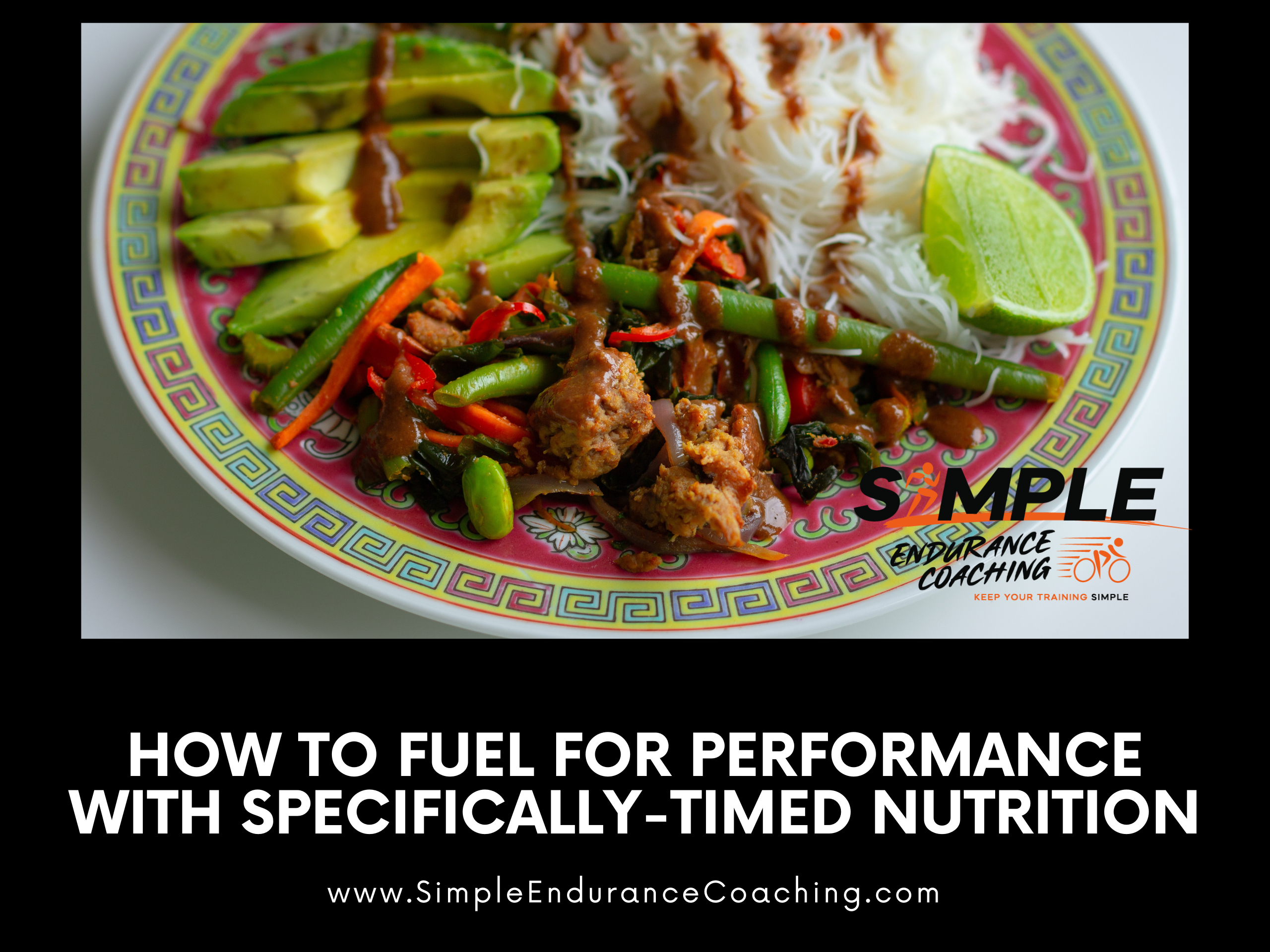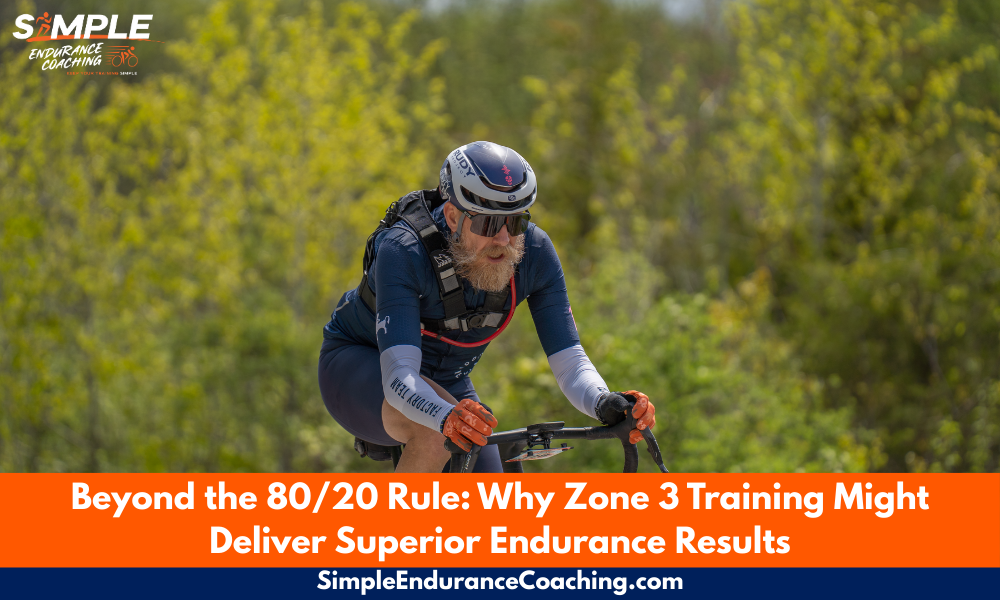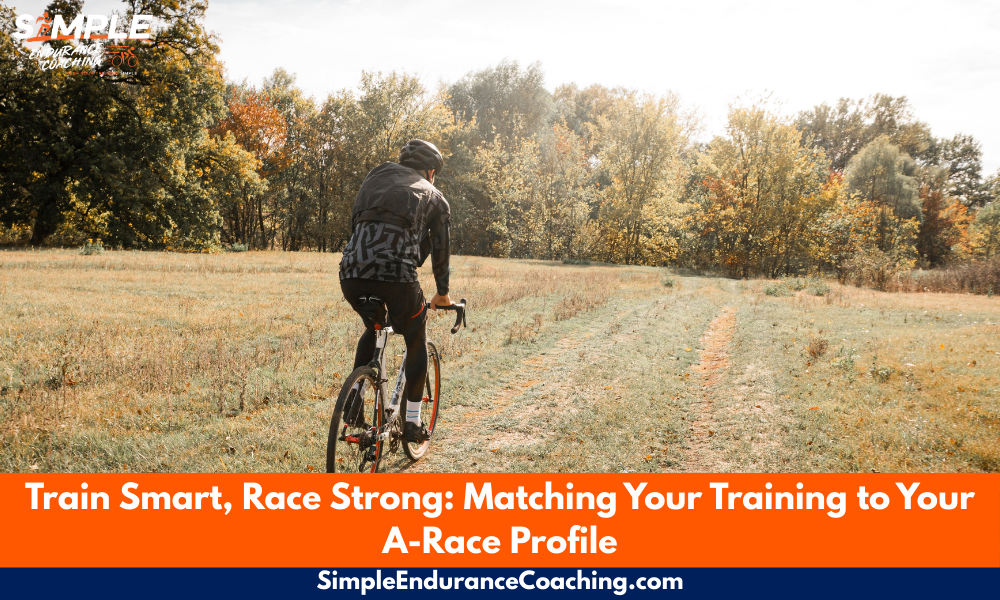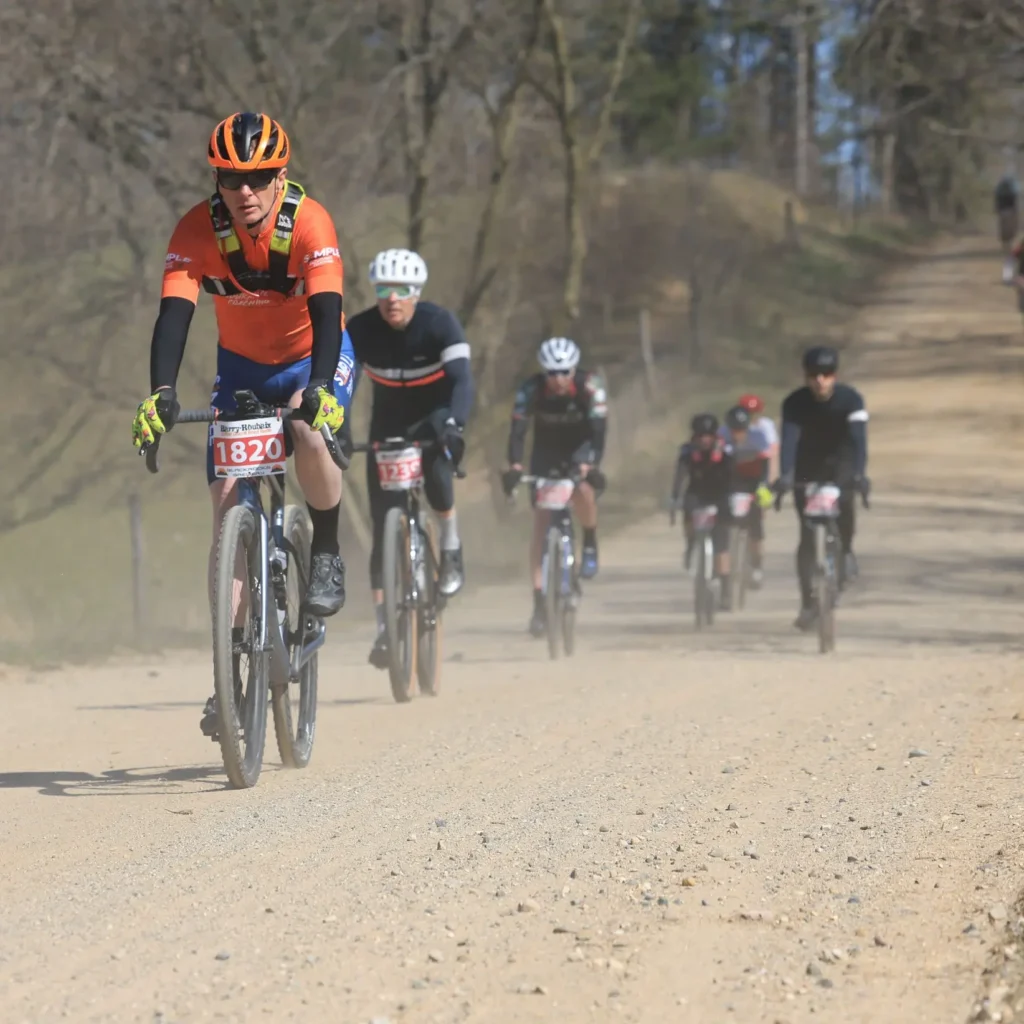Whether you’re training for a race or simply trying to improve your personal best, proper nutrition is essential for fueling your body and achieving peak performance.
But with so much conflicting information out there, it can be difficult to know what to eat before a workout, on a rest day, or even before bed.
In this article, we’ll explore key times that specific nutrition can help you power up for optimal results – whether you’re hitting the pavement or exploring new trails on two wheels.
So grab your water bottle and let’s dive into the science of fueling for performance!

What should I eat before a long workout session?
When it comes to fueling for a long workout session, timing is key.
Ideally, you should aim to eat a meal or snack containing complex carbohydrates and protein about three hours before hitting the road or trail.
Some good options include a bowl of oatmeal with nuts and fruit, whole wheat toast with peanut butter and banana slices, or Greek yogurt with granola and berries.
I usually have oatmeal with berries and several eggs, usually cooked in butter.
These foods provide sustained energy while also helping to repair muscle tissue.
If you’re short on time or prefer not to eat heavy meals before exercising, opt for lighter snacks that are easy on your stomach.
A smoothie made with banana, spinach, almond milk, and protein powder is an excellent choice – it’s packed with nutrients and won’t leave you feeling weighed down.
And don’t forget to hydrate!
Sip on water throughout the day leading up to your workout session so that you start off hydrated.
If it’s going to be an especially hot day or if you’ll be sweating heavily during exercise then consider adding electrolytes through drinking sports drinks which can help keep dehydration at bay.
What should I eat before a short intense workout session?
Before a short, intense workout session, it’s important to fuel your body with the right nutrients. You want to give yourself enough energy without feeling weighed down or bloated during your workout.
One option is to eat a small snack about 30 minutes before you start working out.
This could be something like a banana and nut butter or a handful of trail mix.
The carbs in the fruit will provide quick energy, while the protein in the nut butter or trail mix can help keep you feeling full and satisfied.
If you prefer to work out on an empty stomach, make sure you’ve eaten a balanced meal within the past few hours.
Include complex carbohydrates (like brown rice or sweet potato), lean protein (like chicken breast or tofu), and healthy fats (like avocado or olive oil) for sustained energy throughout your workout.
Remember that intensity requires the stored glycogen in your muscles, which requires that you be fueled well earlier.
Like with long sessions, hydration is also key before any workout session.
Remember, everyone’s nutritional needs are different, so experiment with different foods and timing strategies until you find what works best for you!
What should I eat before a rest day?
Rest days are just as important as training days when it comes to fueling your body.
While you may not need as many calories on a rest day, it’s still important to make sure that the foods you eat are nutrient-dense and help support muscle recovery.
For breakfast or a mid-morning snack, try oatmeal with nuts and fruit for some healthy carbohydrates and protein.
This will provide sustained energy throughout the day while also aiding in muscle recovery.
For lunch or dinner, focus on lean proteins such as grilled chicken or fish paired with vegetables and complex carbohydrates like sweet potatoes or quinoa.
These foods will help rebuild muscles without adding unnecessary calories.
Snacks can include things like Greek yogurt with berries or hummus with veggies for an extra boost of protein and fiber.
Remember to stay hydrated even on rest days by drinking plenty of water throughout the day. By fueling your body properly on rest days, you’ll be setting yourself up for success during your next training session.
What should I eat before a long, intense race?
Preparing for a long, intense race requires a specific nutrition plan to ensure that you have enough energy and endurance to complete the challenge.
Here are some guidelines on what you should eat before a long, intense race:
First, it’s essential to consume complex carbohydrates such as oatmeal or whole-grain bread at least two hours before the event.
These carbs provide sustained energy throughout the race by breaking down slowly in your body, keeping your blood sugar levels stable.
In addition to carbohydrates, it’s important to include protein in your pre-race meal.
Foods like eggs and Greek yogurt can help repair muscle damage during exercise and prevent muscle breakdown.
It’s also crucial remember hydration – make sure you drink plenty of water leading up to the race.
Avoid consuming high-fat foods before an intense race since they take longer for your body to digest than other nutrients.
This slow digestion may cause discomfort while running or cycling as blood is redirected away from muscles towards digestion.
What should I eat before bed to fueling for performance?
What you eat before bed can greatly affect your performance during the next day’s workout.
The best foods to consume prior to bedtime are those that are slow-digesting and contain a mix of protein, healthy fats, and complex carbohydrates.
Protein is essential for muscle recovery and growth while healthy fats provide sustained energy throughout a longer period of time.
Complex carbohydrates help replenish glycogen stores in the muscles which can be depleted after intense workouts.
Some good options include Greek yogurt with nuts or seeds, cottage cheese with fruit or whole-grain toast with almond butter.
Avoid heavy meals high in saturated fat as they may disrupt sleep patterns and negatively impact athletic performance.
It’s important to note that consuming too many calories close to bedtime can also lead to weight gain over time.
Stick to small portions of nutrient-dense foods instead of large meals that will sit heavily in your stomach all night long.
What does the research say about balancing macronutrients as an endurance athlete?
As an endurance athlete, balancing macronutrients is crucial to fueling your body for optimal performance.
Macronutrients are protein, carbohydrates, and fats which provide the necessary energy to power through a long workout or race.
Research suggests that endurance athletes should consume a higher amount of carbohydrates than other athletes or individuals with a sedentary lifestyle.
Generally, cyclists and runners should eat 40 to 50 percent of their diet as carbohydrates.
Carbohydrates have been shown to increase glycogen stores in muscles, which helps delay fatigue during exercise.
While many athletes may believe that consuming high amounts of protein is essential for muscle growth and recovery, research shows that excessive protein intake does not necessarily result in improved athletic performance.
In fact, consuming too much protein can limit carbohydrate intake and hinder athletic performance.
Fats are also important in an endurance athlete’s diet as they provide essential fatty acids that cannot be produced by the body.
A balanced intake of omega-3 and omega-6 fatty acids has been linked to reduced inflammation and improved recovery after exercise.
Make sure you experiment with different foods and fuels prior to your big event.
The last thing you want is to eat a meal that doesn’t sit well and have a bad day.
Here are three things to consider about fueling for performance:
- Try out different fuels and mixtures of fuels before, during, and after training. Part of your training is learning what fuel works for your body
- The low-carb diet fads are not the friend of endurance athletes like runners or cyclists. We need lots of carbohydrates to fuel our performance. How much carbohydrate and when you consume it has some basic guidelines but you will need to experiment.
- Different types of workouts require different pre- and post-workout nutrition strategies. For example, if you’re doing a long workout the next day, make sure you eat lots of good carbs the night before and morning of.
Need more?
Unlock the secrets to mastering gravel racing with our FREE Guide to Gravel Racing! Get yours here.
BOOK A CALL so we can discuss your goals, answer questions, and talk about making your endurance training more effective, fun, and Simple.
Paul Warloski is a:
- USA Cycling Level 1 Advanced Certified Coach
- RRCA Running Coach
- Training Peaks Level 2 Coach
- RYT-200 Yoga Instructor
- Certified Personal Trainer
- Certified Nutrition Advisor




